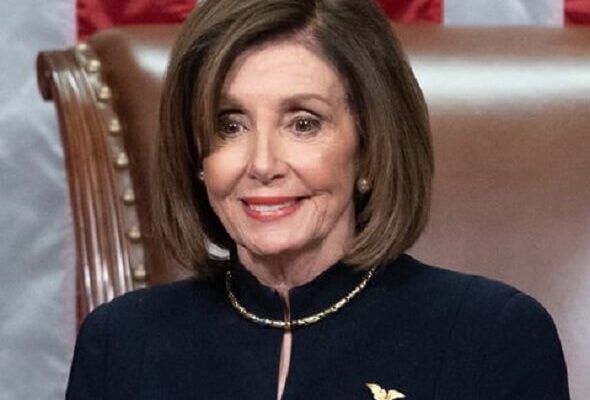A panel discussion recently held at the Austrian Consulate was marketed as: “European Union Quo Vadis”. The Latin term – Quo Vadis translates: Where are you going? (New Testament verse John 13:36).
At the time I accepted the invitation I did not give much thought to the title of the program; however, it appears that it was an important introduction to the agenda. The conversation was structured as an opportunity to question the future of the European Union.
The panel members shared their academic /governmental perspective on the evolution of the European Union and the United States – perhaps not in tandem, but the centrifugal force of one against the other creating a dynamic environment that does not appear to have a path or a plan.

The panel was chaired by Georg Heindl, the Consul General from Austria to the United States.

Professor Rajan Menon, (Senior Research Scholar Saltzman Institute of War and Peace Studies, Columbia University and Anne and Bernard Spitzer Chair in Political Science, City University of New York) and

Dr. Wendelin Ettmayer, (former Austrian Ambassador and former Member of the Austrian Parliament) participated in the discussion.
Quo Vadis
Whether the term referenced the words of Peter to Jesus as they met on the road outside of Rome, or the book by Henryk Siekiewicz (1895) that is placed in Rome during the reign of Emperor Nero was not clarified. The Siekiewicz book centers on the conflict of moral ideas within the Roman Empire, a time during which pagan immortality declined and Christianity emerged as the leading force in history. The subtext is the persecution and political subjugation of Poland by Russia.
Given the academic/government background of the panelists, the analysis of the EU was skewed toward a less than relevant discussion of the dynamics influencing the world order – in “real time.” Had the panel included representatives from the private and military/industrial sectors the examination of the EU dynamics would have had a relevancy that was missing.
Professor Menon’s perspective on issues currently facing the EU focused on the upsurge of the new source market for immigrants, and the reshaping of the welfare state with no clear political will or leadership. Up to the current attention on the EU through Brexit, it appeared that the unification of Europe via the EU was a successful program. The EU concentration and reason for success has been on the will of the people for peace, security and prosperity. He suggested that the EU policy should be built on values, human rights and the rule of law, monitored by an international organization that would supersede nationalism.
While European countries gave up their currency and border control, they have not designed a European border policy. This has recently become an issue because of the migration from Syria and other countries that do not share a European history.
Ambassador Ettmayer questioned the role of the USA in deploying military force and, in light of globalization, questioned the concept of “power”- who holds the power, and is it based on economics or military muscle. He commented on the fact that it appears to be impossible to solve global conflicts by war and while America has shaped the world should other countries now have their own interests considered as the EU was designed for the benefit of all while the American perspective is not inclusive. Should there be a focus on economic foreign policy?
Heindl reflected on the militarization of American discourse and the fact that a large percentage of the USA GDP is spent on war and its aftermath.
Advancing or Retreating
What is curious is that the USA military spend focuses on defending other countries and not on the protection of the country. In reality, the USA spend on “guns” goes up as other countries spend their resources on “butter.” A shift in the American standard of living to provide more weapons for others, allows those nations to shift their standard of living to provide more long-term capital investment in their basic industries.
In a statement of January 6, 2011 Defense Secretary Robert M. Gates stated: “This department simply cannot risk continuing down the same path – where our investment priorities, bureaucratic habits and lax attitude towards costs are increasingly divorced from the real threats of today, the growing perils of tomorrow and the nation’s grim financial outlook.” Gates has proposed a budget which, if approved by the Congress, would reduce the costs of many Department Of Defense (DOD) programs and policies, including reports, the IT infrastructure, fuel, weapon programs, DOD bureaucracies, and personnel.
What is the Mission?
In the “Quo Vadis” conversation between Peter and Jesus, Peter is fleeing Rome for fear of crucifixion and Jesus is returning to Rome to be crucified a second time. Peter, heartened by the exchange, continues his mission, returns to Rome, and is ultimately crucified.
Are the panelists suggesting that the EU is destined to be destroyed and become a philosophy rather than a working instrument for political and economic unity?
Perhaps there is a need for all players in the global drama to spend more time contemplating and addressing the short and long term ramifications of their thoughts and their deeds rather than approaching contemporary conflicts from a narrow and restrictive perspective.
This copyright article may not be reproduced without written permission from the author. [email protected]





